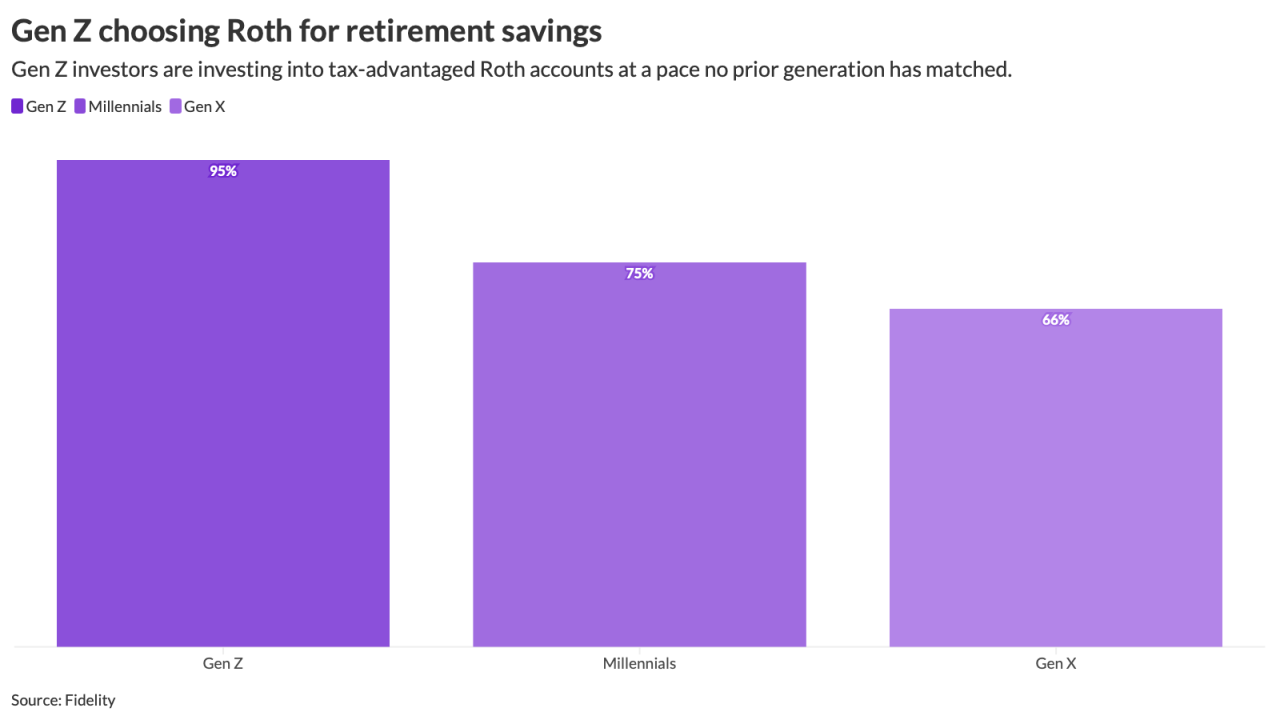The countdown is on for the U.S. Supreme Courts decision on the Affordable Care Act and the legality of subsidies with a decision that could have looming political implications leading into a heated primary election cycle.
If the government loses in King v. Burwell, insurance subsidies that the ACA makes available will vanish and an estimated 9.6 million people stand to lose coverage. Premiums in the individual market are also expected to surge, as a result.
Also see:
Speaking Friday on Capitol Hill, a panel of experts provided some foresight for employers on what might happen if the court rules in favor of the challengers.
Things will go one way if the court rules in favor of the plaintiff: Without subsidies, the employer mandate will become moot, because employers can only be fined if their uninsured workers go to an exchange and get a subsidy.
However, such a move will price insurance out of reach for 87% of the population and make exchanges inoperable, says Simon Lazarus, senior counsel with the Constitutional Accountability Center. Itll put the system into a death spiral, he added.
At present, people are responsible for paying, on average, 28% of the premium. When the subsidy disappears, they will have to pay 100% of the premium and thats what is frightening [consumers], said Michael Cannon, the Cato Institutes director of health policy studies. Penalties against employers would be exempt, because there would be nothing to trigger them, he added.
Also see:
Most experts are assuming, however, that there will be some sort of delay if the court issues an adverse decision for the government, adds Dan Crippen, executive director of the National Governors Association.
Thats important to keep in mind, and why states arent diligently planning what to do three weeks from now, he adds. Also to consider, he adds, are that a majority of state governments are not in session right now. Would a governor act alone? Thats part of the concern on what steps states will need to take.
Robert Blendon, with the Harvard School of Public Health, believes two bills will be drafted following a King victory: a GOP bill that structurally alters the ACA and a bill from the Democrats that will say the words were just mixed up.
Also see:
To go from 8 million covered to 0 is going to be a problem in the primaries, he added. What youre going to see is pressure in the primaries for a [new] bill.
And this is a problem can only be fixed by Congress, Cannon noted.
What the president will want is a one-page bill that says a federal exchange is an exchange established by the state, he added. There is absolutely no way Republicans can sign onto that, every Republican will get primaried.





